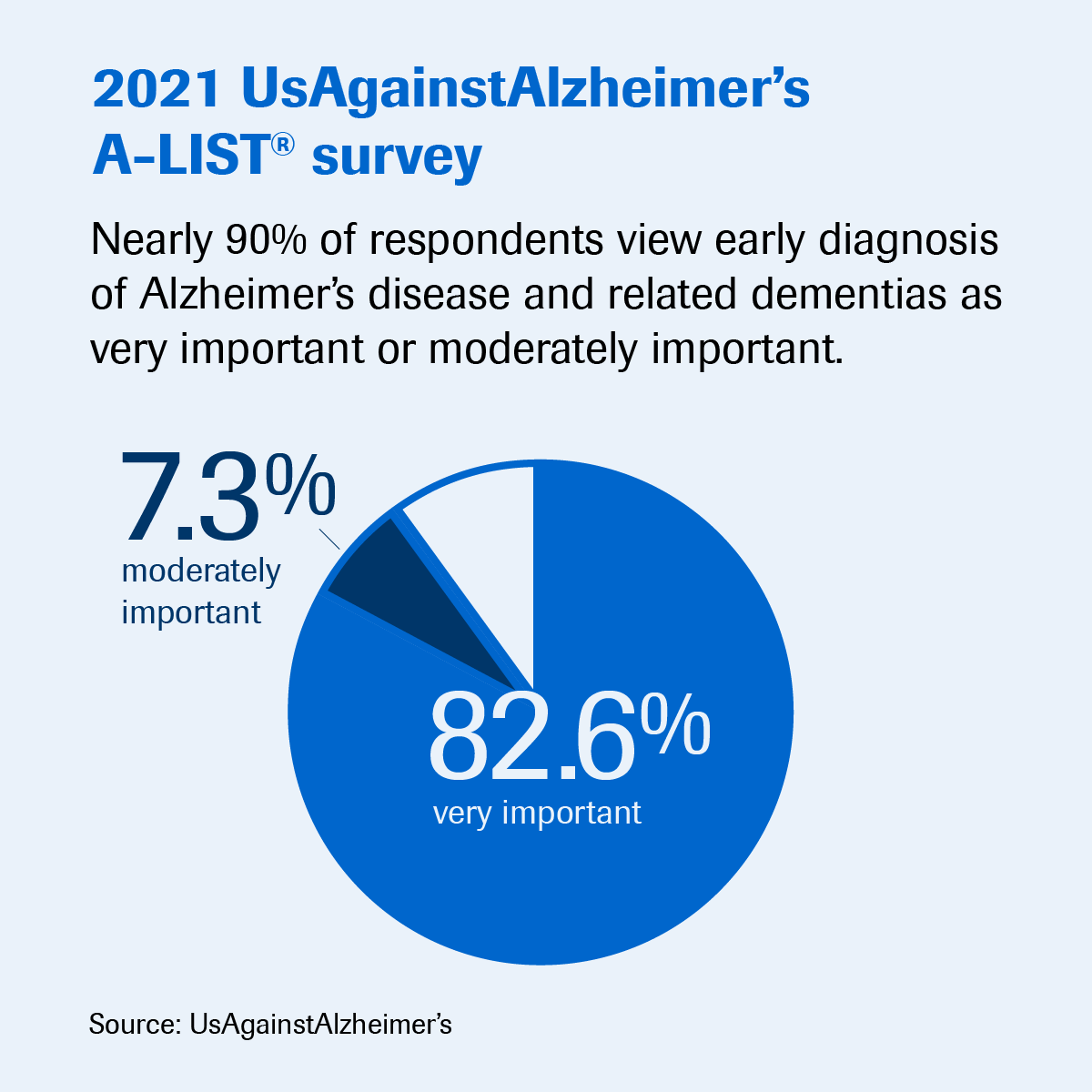Before a plane takes off, you’ve likely heard the flight attendant say to put on your oxygen mask before assisting others if needed. When it comes to caregiving, Jennifer Reeder, director of educational and social services at the Alzheimer's Foundation of America (AFA), knows how difficult following that advice can be. In addition to having been a caregiver herself, Reeder leads the AFA team that fields more than 5,500 questions about caregiving each year.
Hot topics range from caregivers asking what to expect, where to find home healthcare services and how to handle Alzheimer’s-related behavioral symptoms in the person they’re caring for, including aggression, wandering, hallucinations and personal care refusal. “We try to help people understand what’s happening to their loved one, so they know how to respond,” Reeder said.
How can caregivers improve their own experience while offering high-quality care?
“Different types of dementia can cause different symptoms. Because Alzheimer’s changes throughout the progression of the disease, caregiving changes, too, Reeder said. That’s why education, along with an accurate diagnosis, is so important. To begin with, a doctor can help you understand what dementia is and offer medical advice specific to your loved one’s condition.”

Understanding others’ needs can help caregivers partner with the person they’re caring for to make good choices – and avoid a crisis. Start conversations early on, listen and meet others where they are, creating a safe space for ongoing discussion so your loved one can share their concerns and doesn’t view you as a threat to their independence. If symptoms appear, “Ask your loved one, ‘How about we create a baseline together, and we’ll check back and see how it’s going? If there’s a decline, we’ll talk about it.’”
Caregivers benefit by setting parameters for their well-being. Is the house clean and organized? Is there food in the fridge? Are you getting enough sleep? Do you feel exhausted or depressed? “Compassion fatigue is real, and it’s even more intense than burnout,” Reeder said. “If you can’t take care of yourself and keep your loved one safe at home, it’s time to find a safer environment. Although you may feel guilt, this is not giving up.”
“We try to help caregivers identify the balance between independence and assistance – where they need to step in and where the person can still do for themselves,” said Reeder, who recommends looking at caregiving as a partnership. “People with dementia or Alzheimer’s need to remain active and involved in stimulating activities. “Many families want to do so much for their elders, out of respect and especially if they are unwell, but remaining active can help to delay cognitive decline.”
“Evening can be challenging for people with Alzheimer’s, so caregivers could arrange for someone to call their loved one at sundown,” Reeder suggested. “People who live close by could stop in and visit for a while to give the caregiver time to shower, run errands or take a nap.” Caregivers can meet new friends by tapping into local networks. (See toolkit in the sidebar.) A supportive group of people in the same situation can make a difference.
When caregivers join loved ones with Alzheimer’s on their journey, it can help relieve stress for both. For example, Reeder said that if someone is mobile and tends to wander, it may be because they were active all their lives and still need that stimulation. “Why not change wandering to the act of walking together? There are so many health benefits to socialization and just being outside. Or you could create a safe walking path inside your home.”
If the person you care for isn’t conversational, consider doing an activity together, like a craft, which could be stimulating for both of you. The same logic applies to loved ones who experience delusions. “Help them feel safe and comfort them if they need it, but if they’re enjoying their hallucination or delusion, there's no reason to disrupt that,” she said. “Just enter their world and enjoy the moment.”
Reeder remembers her special moment with her grandmother, who had vascular dementia. “My grandma loved to shop, and when I was little, she was always buying me dresses and dolls.” Reeder didn’t like frilly stuff.
After she spent a few months as her grandmother’s full-time caregiver, Reeder received a different kind of gift: a stone necklace. “It was the first gift from my grandma that was really me,” Reeder said. “I felt like she’d finally learned who I was. We would never have had that moment together if I hadn’t been her caregiver.”
Disclaimer: This content is provided for educational and informational purposes only and does not constitute providing medical advice or professional services. The information provided should not be used for diagnosing or treating a health problem or disease, and those seeking personal medical advice should consult with a licensed physician. Always seek the advice of your doctor or another qualified health provider regarding a medical condition.
Jennifer Reeder, LCSW, is AFA’s director of educational and social services. Her 13-year professional background includes providing in-home family therapy, mediation and advocacy for under-resourced communities. Reeder is dedicated to ensuring those affected by Alzheimer’s receive the support and educational resources they need when faced with the extreme challenges of this disease.